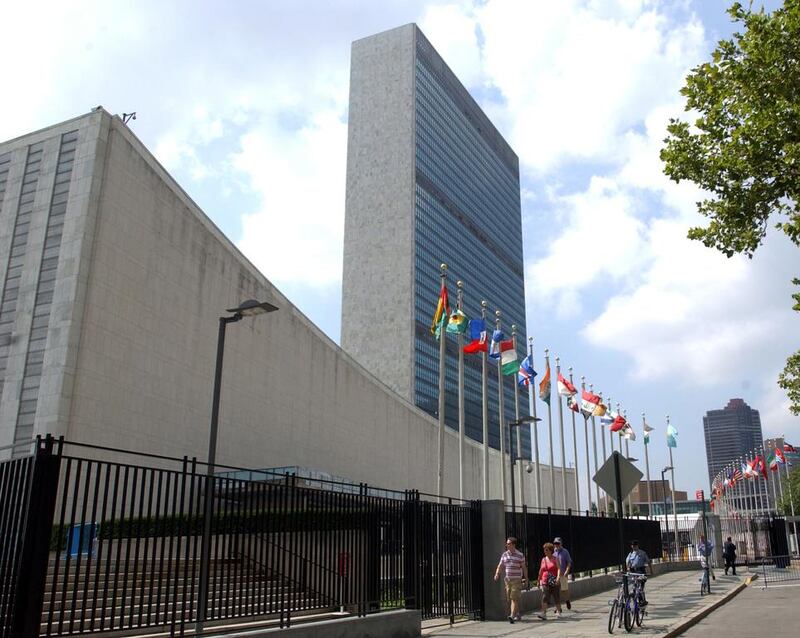A bid by the UAE to impose safeguards to protect its integrity in a long-running dispute with Qatar has been rejected by the UN's highest court.
The International Court of Justice had considered the UAE's request, made last month, to introduce provisional measures to "preserve its rights to procedural fairness" in the case.
"The objective of the request by the United Arab Emirates was intended to present evidence to both the court and the international community showing that the UAE's dispute is not with the citizens of Qatar, but rather the destabilising and concerning actions of their government", Wam said.
The request included the UAE asking for the withdrawal of a Qatari complaint submitted against the Emirates in March last year to the Committee against Racial Discrimination because Doha is also attempting to bring the same issue before the ICJ, "unnecessarily adding to the work load of both institutions", according to Wam.
In June 2018, Qatar initiated proceedings against the UAE, claiming that it had passed laws or orders relating to the expulsion of Qataris from the Emirates.
It is despite no laws or regulations having being introduced in the UAE to expel Qatari citizens since diplomatic and transport ties were cut two years ago.
The Ministry of Foreign Affairs and International Co-operation reiterated that its ongoing requirement is that Qatari citizens resident in the UAE should obtain prior permission online for re-entry into UAE territory.
The UAE had called on Qatar to "desist from hampering" its efforts to help Qatari citizens, including by "unblocking in its territory access to the website by which Qatari citizens can apply for a permit" to return to the UAE.
As a result the UAE had requested the court order that Doha "refrain from any action" that might also aggravate the dispute.
Saudi Arabia, the UAE, Bahrain and Egypt cut diplomatic and transport ties with Doha on June 5, 2017, over its support of extremist groups and interference in other countries' affairs.
The measures included that some Qataris residing in the three GCC countries leave within 14 days.
Qataris studying in the GCC countries or married to Saudis or Emiratis were excluded from the measure.
On Friday, Chief judge Abdulqawi Ahmed Yusuf said the court in The Hague "rejects the request for provisional measures submitted by the United Arab Emirates" by a margin of 15 to one.
However, the UAE said its legal team "achieved all the objectives sought" including forcing Qatar to admit that it had blocked it’s own citizens from accessing the Emirati website, Wam said. The UAE was also successful in presenting evidence to the court which also showed that "the lawful measures taken by the UAE were a direct result of Qatar's continued support and funding of terrorist and extremist groups, and Qatar's failure to meet its legal obligations outlined" in a 2013 agreement made in Riyadh in which Doha had pledged to stop its interference in its neighbours affairs.
"The case is still ongoing and will continue over the coming months, which will see further examination and scrutiny of Qatar’s continued violations of its international obligations," Wam said.
The UAE "reaffirms its appreciation and confidence in the International Court of Justice and trusts that the Court will, through its insight and wisdom, affirm [its] position once the case is concluded".








